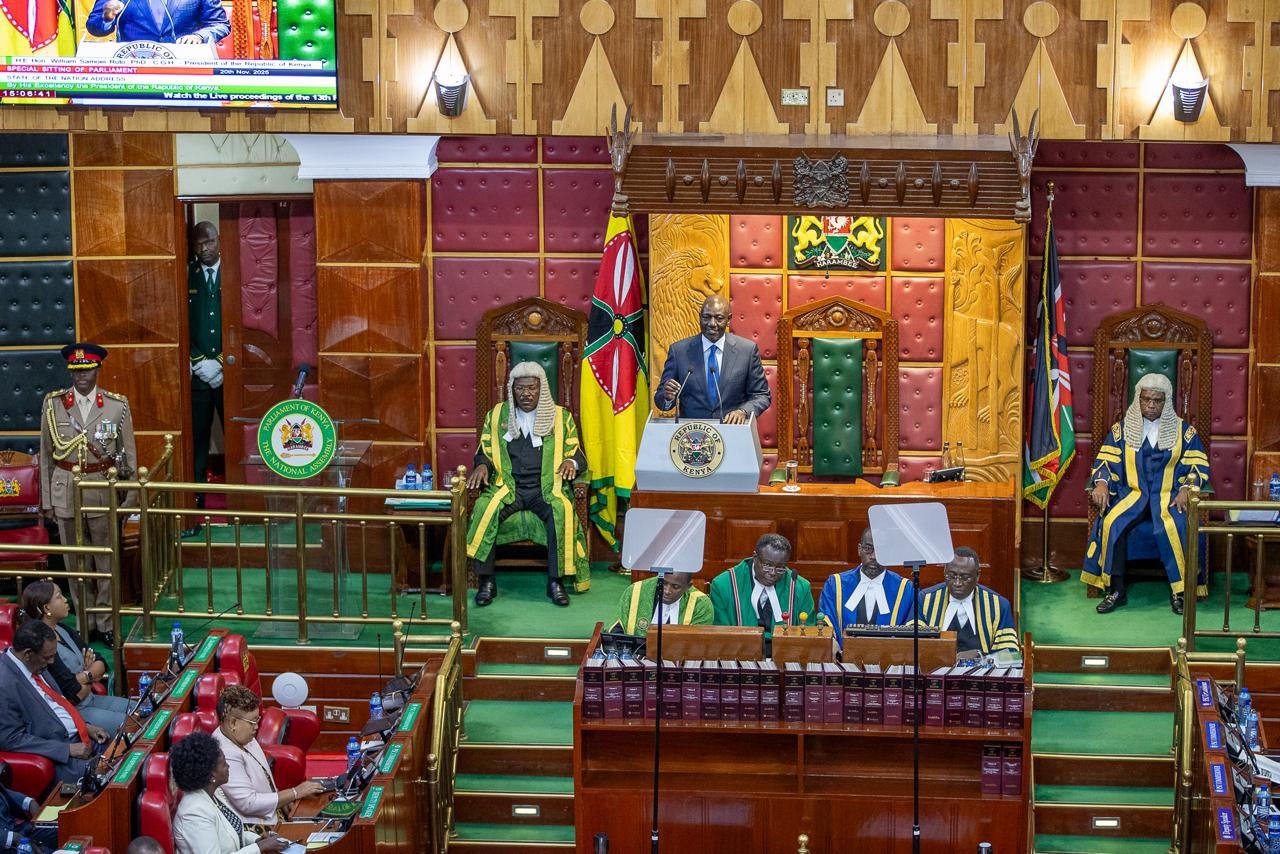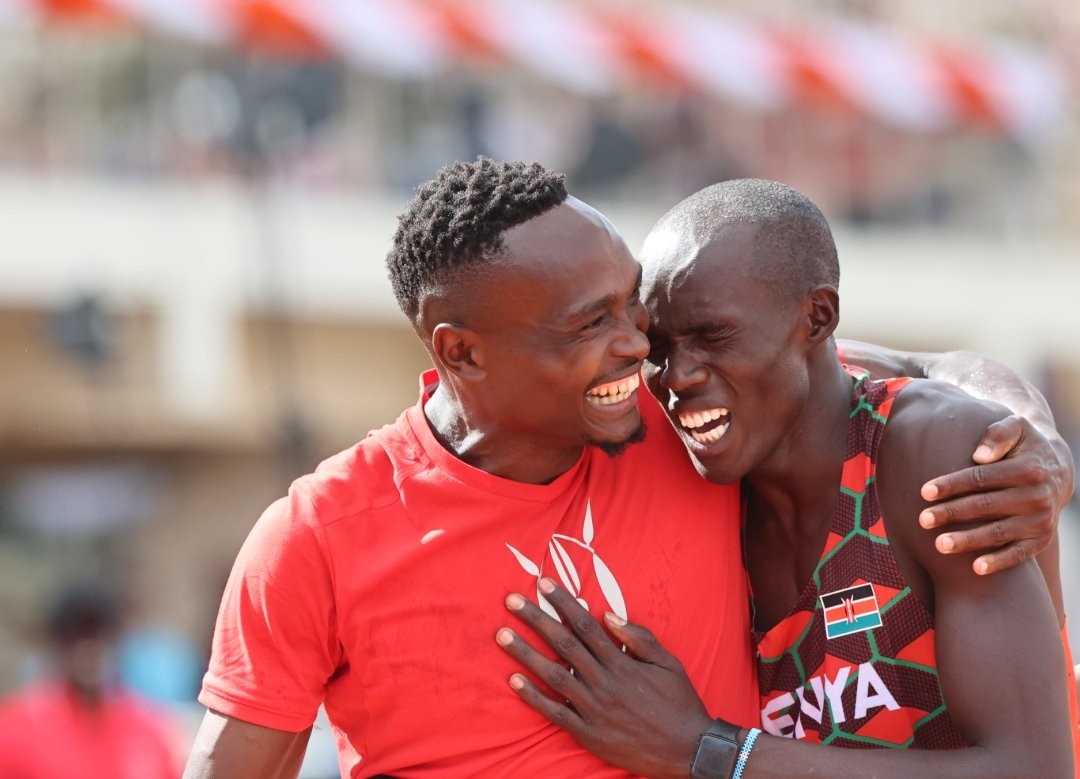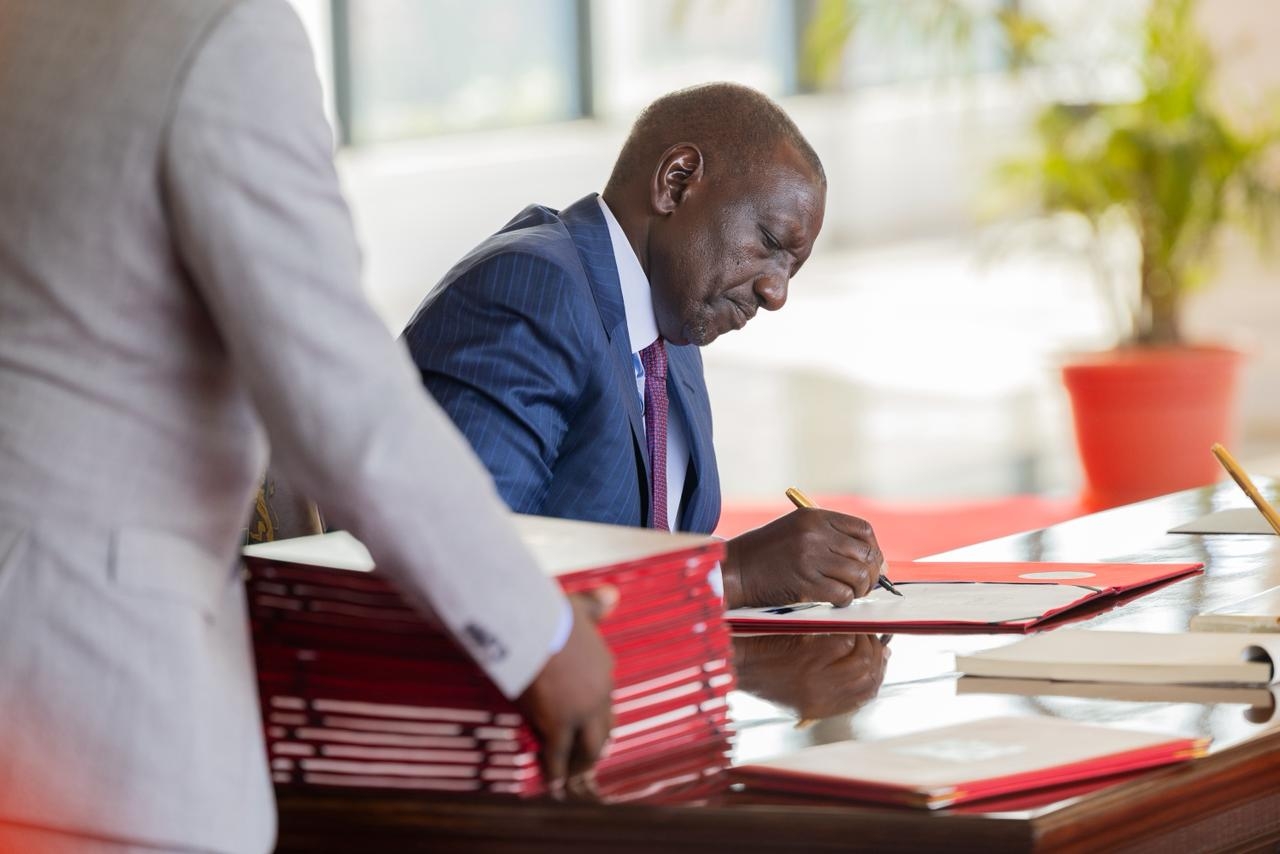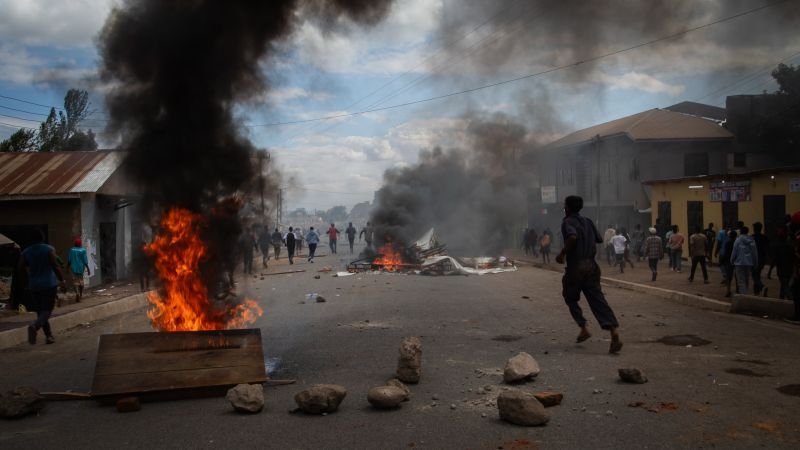The National Gender and Equality Commission (NGEC) is unable to effectively promote and protect the welfare of minority and marginalised groups, a report to the Senate shows.
The commission, in submissions on the status of integration of ethnic minorities and marginalised communities in Kenya, said several challenges have constrained its ability to achieve its mandate.
The commission’s mandate is to promote gender equality and freedom from discrimination for all people in Kenya with a focus on Special Interest Groups, which include women, children, youth, Persons with Disabilities, older members of the society, minorities and marginalised groups.
NGEC chairperson Joyce Mwikali Mutinda said limited resources have hindered the commission’s capacity to effectively discharge its mandate.
“Numerous complaints from Bungoma, Tana River, Samburu and Turkana remain unattended. Inadequate resources have also hindered the development of necessary policy frameworks,” she explained.
Mutinda further noted that the commission’s physical presence is restricted to only six counties.
“This limitation combined with the vastness and poor infrastructure of the counties where many minority and marginalised groups reside makes it challenging to effectively address issues affecting this community,” she added.
Mutinda further cited the lack of a legislative framework to operationalise Article 56 of the Constitution.
“On international and regional conventions, Kenya has not yet ratified the United Nations Declaration on the Rights of Indigenous People,” she noted.
The report was however quick to point out that multiple opportunities can be explored to ensure greater gender equality and inclusion in Kenya.
Mutinda said the Minorities and Marginalised Affairs Unit under the Presidency could be strengthened to spearhead the recognition, protection and promotion of the rights of minority and marginalised groups.
She further said Parliament could prioritise the enactment of Article 8(1) (b() and Article 27 on not more than two-thirds gender rule and Article 100 on the greater representation of Special Interest Groups in the House.
She added that the government should also consider allocating sufficient budgetary resources to the commission.












